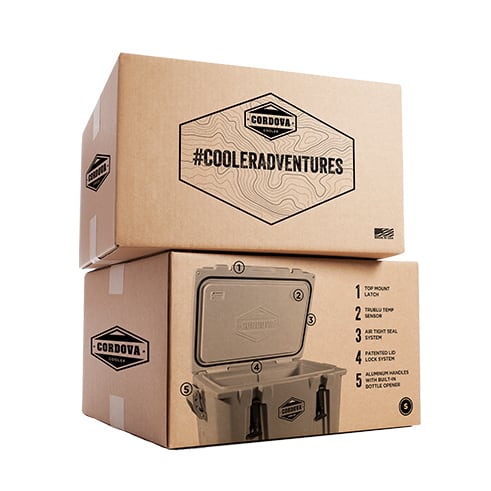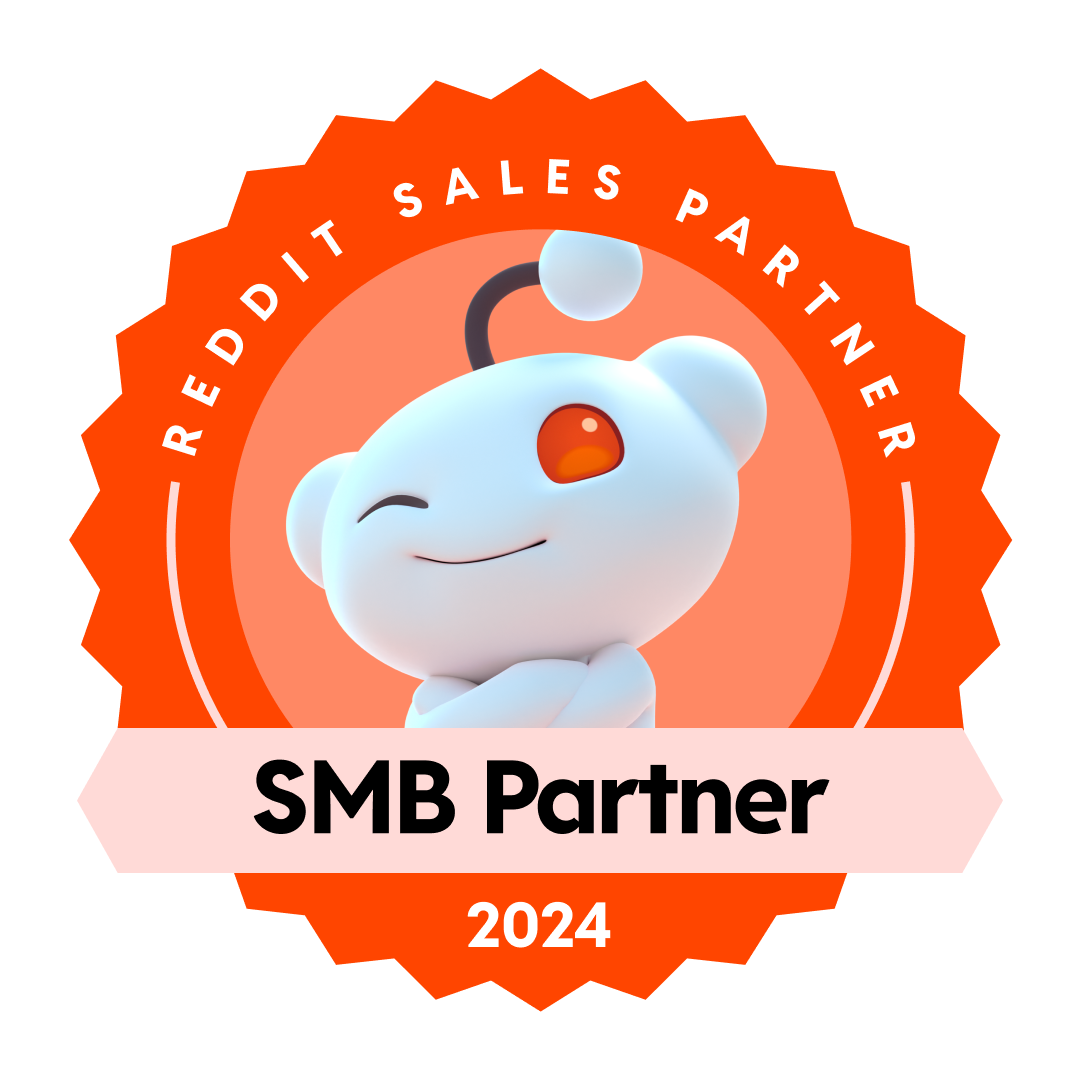In today’s competitive market, the importance of effective lead generation can’t be overstated. Lead generation marketing is the engine that powers the growth of businesses, particularly in the B2B sector. Our guide will explore what lead generation marketing is, how to achieve success in it, the intricacies of B2B lead generation, and the most effective strategies to acquire new customers.
Understanding Lead Generation Marketing
Lead generation marketing is the process of attracting and converting strangers and prospects into someone who has indicated an interest in your company’s product or service. It’s about creating opportunities for pipeline growth and new business development. In the digital age, this often involves collecting a visitor’s contact information via a web form, but it can also occur through channels like direct mail, phone calls, or in-person meetings.
The Pillars of Successful Lead Generation
Success in lead generation requires a multifaceted approach:
- Identifying Your Target Audience: Understanding who your ideal customers are, what they need, and how your offerings can solve their problems is crucial.
- Creating Engaging Content: Whether it’s blog posts, ebooks, videos, or webinars, content that addresses the needs and interests of your target audience attracts quality leads.
- Leveraging Multiple Channels: Employ a mix of channels like email, social media, search engine optimization (SEO), and pay-per-click (PPC) advertising to reach potential leads.
- Nurturing Leads: Once you’ve captured leads, nurturing them with targeted messaging and content helps move them down the sales funnel. Make it personalized and tailored to them.
- Measuring and Analyzing Results: Continuously track the performance of your lead generation strategies and make data-driven decisions to optimize them.
B2B Lead Generation: A Unique Landscape
In the B2B realm, lead generation has its unique set of challenges and opportunities. The sales cycles are typically longer, the buying decisions involve multiple stakeholders, and the solutions offered are often complex and high-value. This requires a more tailored approach:
- LinkedIn Marketing: LinkedIn is a powerhouse for B2B lead generation. Utilizing LinkedIn ads, participating in groups, and publishing thought-leadership content can yield significant results.
- Account-Based Marketing (ABM): ABM is a strategic approach where marketing and sales teams work together to target and engage specific high-value accounts rather than targeting broad market segments.
- Industry Events and Webinars: Participating in or hosting industry-specific events and webinars can help in establishing authority and connecting directly with potential leads.
- Content Marketing: In B2B, content that demonstrates industry expertise and provides solutions to specific business challenges is highly effective.
- Email Marketing: Personalized email campaigns that offer value and relevance to a B2B audience can be a powerful tool for nurturing leads.
Effective Lead Generation Strategies
To effectively acquire customers, businesses need to implement a range of lead generation strategies:
- SEO and Content Marketing: Optimizing your website for search engines and consistently producing valuable content attracts organic traffic and generates leads.
- Social Media Marketing: Utilizing social platforms to engage with your audience, share content, and promote your products can drive lead generation.
- Email Marketing: Sending targeted, personalized emails to segmented lists can nurture leads and guide them towards making a purchase.
- Referral Programs: Encouraging current customers to refer new leads can be an effective way to generate high-quality leads.
- PPC Advertising: Paid advertising on search engines and social media can help in reaching a broader audience and generating leads quickly.
- Landing Pages and CTAs: Designing compelling landing pages with clear calls-to-action (CTAs) is critical for converting visitors into leads.
- Lead Scoring and Management: Implementing a system to score and manage leads helps in prioritizing and effectively nurturing the most promising prospects.
- Webinars and Online Events: Hosting webinars and online events can provide valuable information to prospects while capturing their contact details.
- Networking and Partnerships: Building relationships with other businesses and industry influencers can open up new lead generation avenues.
- Customer Feedback and Surveys: Understanding customer needs and experiences can provide insights into how to attract and convert similar prospects.
Lead generation marketing is an ongoing process that demands continuous effort and adaptation. By understanding your audience, creating valuable content, leveraging various channels, nurturing leads, and analyzing your strategies’ effectiveness, you can successfully acquire and convert leads into customers.
Particularly in B2B marketing, where the stakes are high, a focused and strategic approach is key to generating quality leads and driving business growth. Remember, the most effective lead generation strategy is one that is constantly evolving with the market and your business’s specific needs.
Whether you’re a startup looking to establish a foothold or an established enterprise aiming to expand your market share, effective lead generation strategies are your ladder to business success. Embrace these strategies, adapt to the changing landscape, and watch your customer base grow.
For information on how Commit Agency can help you achieve your goals, please visit commitagency.com




























